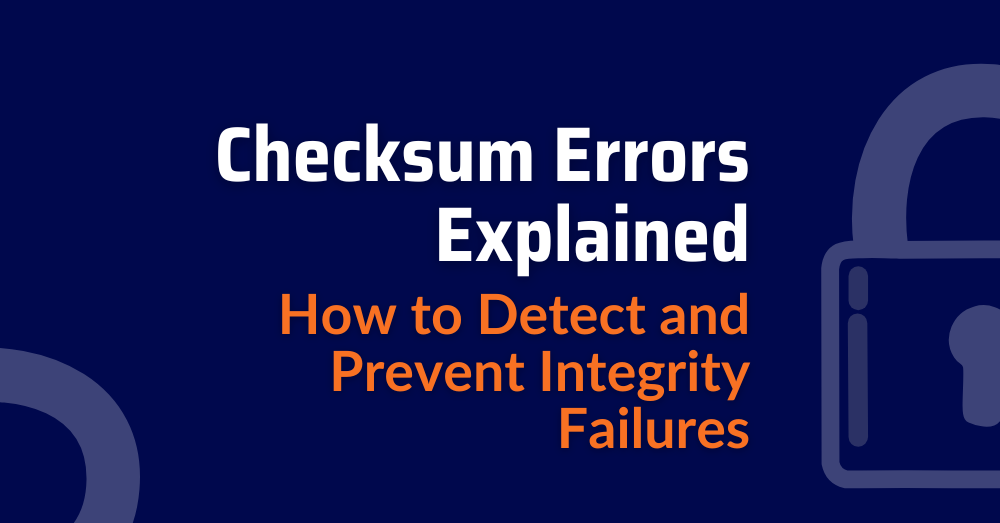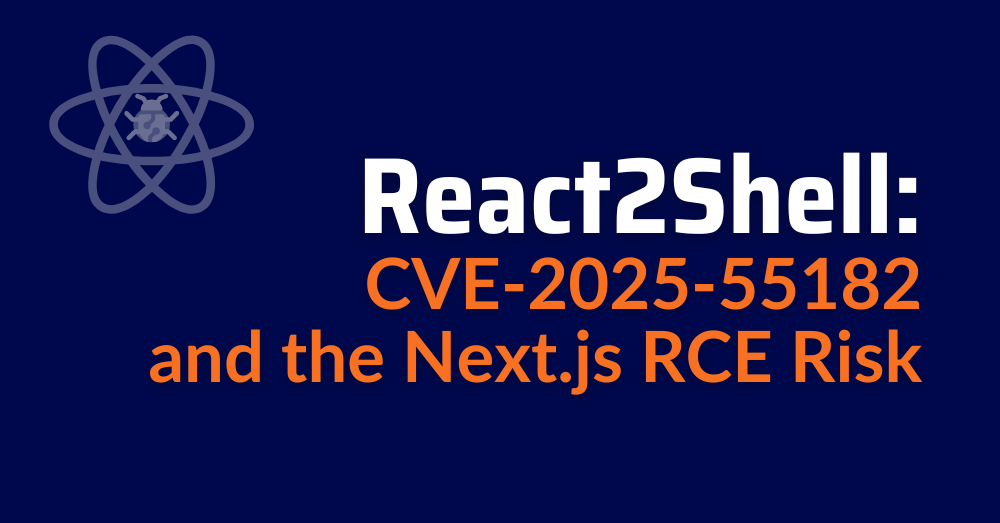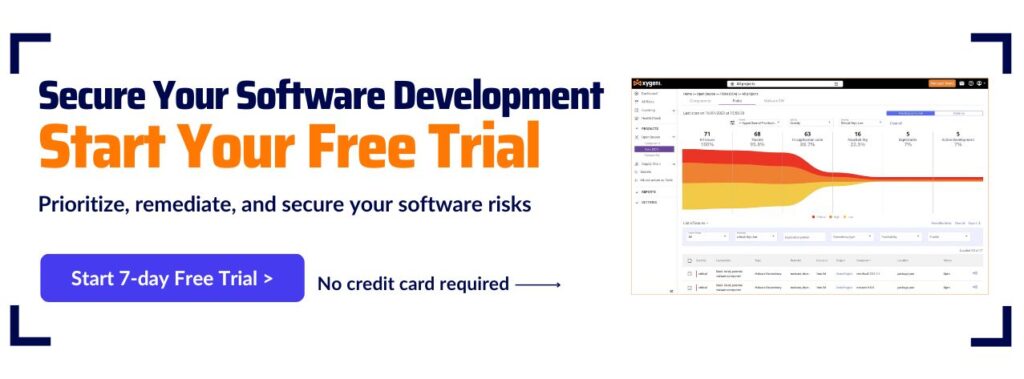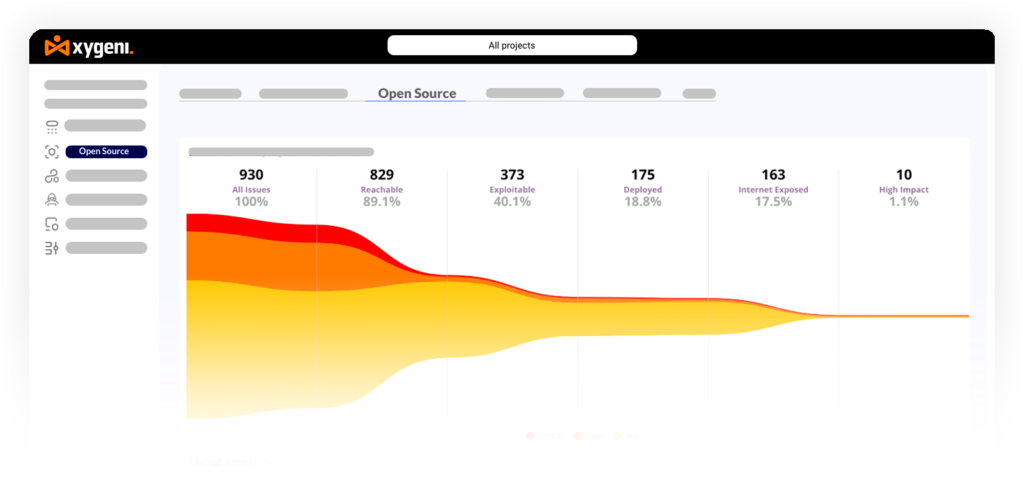What a Checksum Is and Why It Matters
Checksums are not just a nice-to-have; they’re a critical part of validating file and package integrity in modern development workflows. When you download a package, pull a Docker image, or cache a dependency in a CI/CD pipeline, a checksum helps verify that the artifact hasn’t been altered. Whether you’re using conda install or fetching an artifact from a private registry, checksum error validation acts like a fingerprint. A mismatch isn’t just annoying; it could be a sign that the package is corrupt or has been tampered with.
Developers often overlook checksums until something breaks. But they are essential to keep code predictable and safe, especially when your environment depends on open-source libraries and third-party packages.
Understanding Checksum Errors
Checksum errors show up in various ways:
- “Checksum mismatch” during package installs (e.g., conda install or pip install).
- Build failures in CI/CD pipelines due to checksum validation issues.
- Warnings during Docker image pulls or container scans.
Common causes include:
- Corrupted downloads due to unstable networks or interruptions.
- Tampered artifacts (whether intentional or accidental).
- Mismatched versions or stale cache data.
Example with conda:
conda install some-package
# Output: ERROR: Hash mismatch for downloaded package
If this occurs after a conda remove env followed by reinstalling, it likely stems from cache-related checksum errors. Running conda clean –all can help, but only if you’re pulling from trusted sources.
Security Implications in the Software Supply Chain
Checksum errors aren’t just technical hiccups; they’re often early indicators of malicious tampering. If a third-party library has a modified checksum:
- The package might be compromised
- Your build could be silently pulling a backdoored version
- Downstream users may unknowingly deploy risky code.
Checksum validation is critical in DevSecOps. It ensures secure pipelines by bridging development workflows with essential security checks.
Checksum Errors in CI/CD Pipelines
Here’s a common failure pattern:
- The pipeline caches conda or Python environments
- You add a cleanup step: conda remove env
- The next build fails with a checksum error due to stale cached packages.
CI tools like GitHub Actions or Jenkins often reuse cached artifacts. If the upstream checksum changes (either due to updates or tampering), your pipeline may:
- Fail due to mismatches (best case)
- Or worse, skip validation and deploy altered code.
Example:
steps:
- name: Clean conda environment
run: conda remove --name myenv --all
- name: Install dependencies
run: conda install --file requirements.txt
# Potential checksum error if the package was altered
Best Practices to Prevent Integrity Failures
Checksum errors can be disruptive, but they’re also valuable warning signs. Addressing them effectively means understanding both why they happen and how to fix or prevent them.
Common Integrity Errors to Watch For
These are typical scenarios where checksum validation fails:
- Checksum mismatch: When the hash of a downloaded package doesn’t match the expected value. This often occurs during installations via conda, pip, or similar tools.
- Corrupted downloads: Caused by unstable or interrupted network connections. Even if the package installs, it might not function correctly.
- Mismatched versions or stale caches: CI/CD pipelines and local environments can cache older versions of packages. If the upstream package is updated or modified, but the cache isn’t refreshed, checksum errors may occur.
Understanding these root causes helps teams build more resilient workflows and identify where things might be breaking down in the supply chain.
Tools and Actions to Prevent or Resolve Errors
Once you understand why checksum errors happen, the next step is applying targeted solutions:
Clear your cache regularly using: conda clean –all
- This removes unused packages and cache files, reducing the chances of using stale or altered artifacts.
- Avoid blind trust in cached dependencies. Even though CI/CD tools like GitHub Actions or GitLab CI cache environments to save time, they can introduce risks if packages are updated upstream.
- Reinstall from trusted sources: When possible, reinstall packages directly from verified registries. Avoid mirrors or secondary repositories unless their integrity is confirmed.
- Enforce checksum validation across tools: Most modern package managers support hash validation. Use it to reject any mismatched or altered files.
Use reproducible builds with locked versions and exact hashes:
numpy==1.21.0 –hash=sha256:<expected_hash>
- This ensures consistent environments and reduces surprises between local and production setups.
Snapshot environments with:
conda env export > environment.yml
- This enables teams to rebuild exact environments across machines or pipeline stages.
Conclusion: Strengthen Your Code Integrity with Xygeni
Checksum errors are more than minor inconveniences; they’re red flags for deeper integrity risks. Whether you’re using conda, pip, or Docker, overlooking these validations could mean compromised builds and exposed vulnerabilities. Managing environments cleanly with tools like conda remove env or conda clean is foundational, but real security comes from automating integrity checks throughout your CI/CD pipeline.
Xygeni empowers teams to embed checksum validation and hash enforcement deep into their software supply chains. With features for tamper detection and reproducible build verification, Xygeni ensures your artifacts remain trustworthy at every step. If secure, predictable software matters to you, make checksums your first line of defense.








